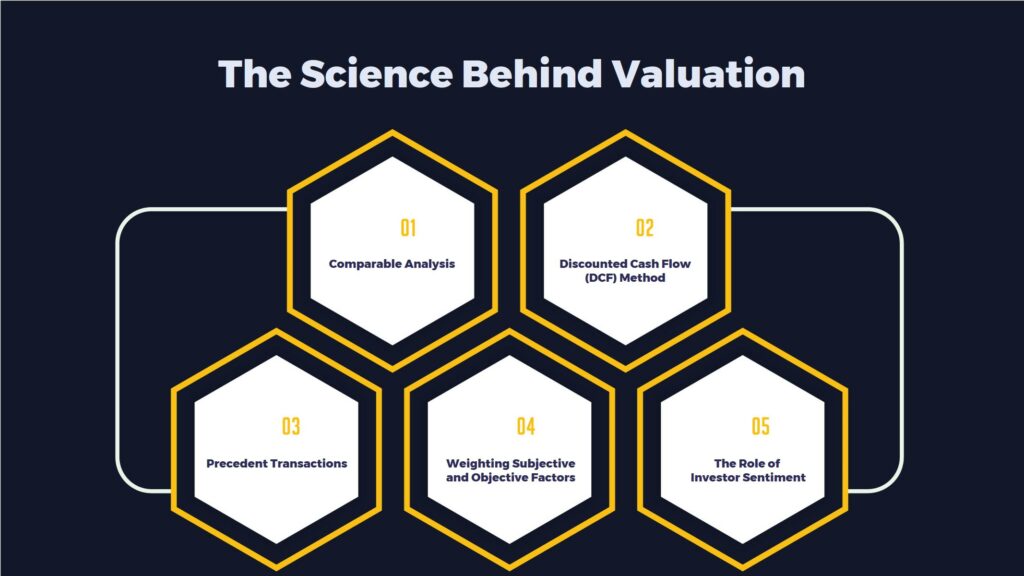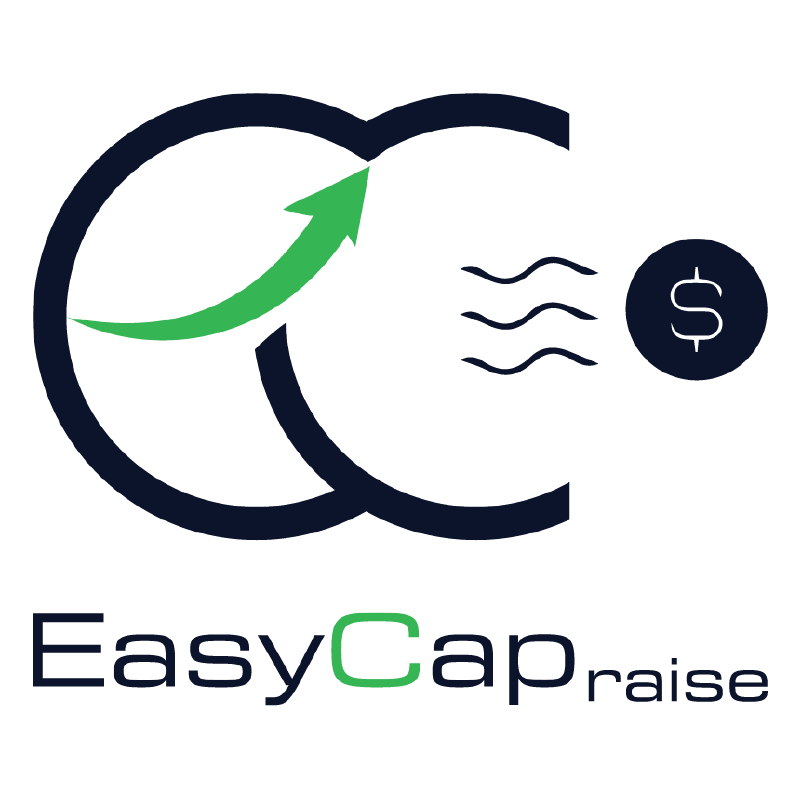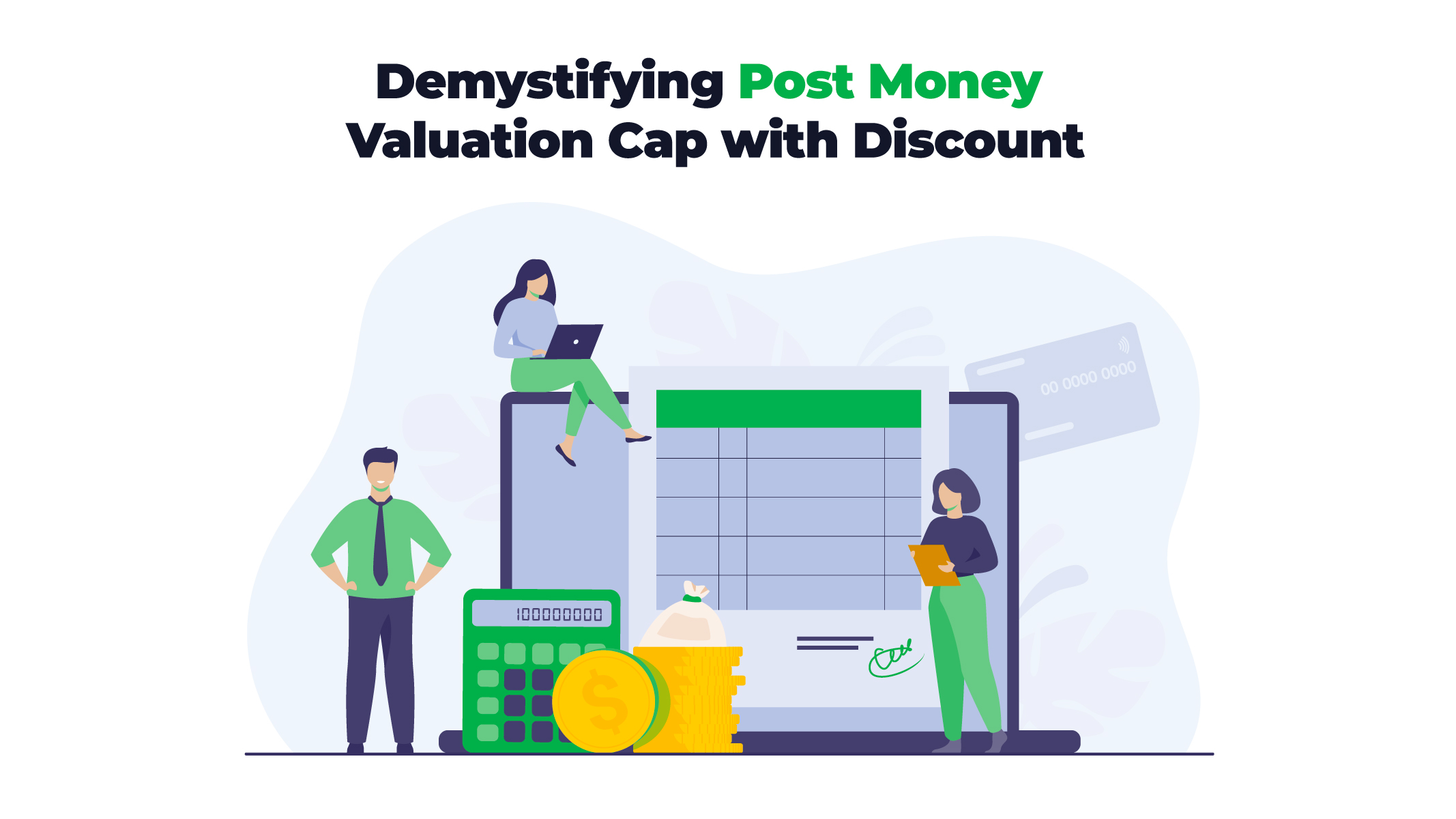Demystifying Startup Valuations: Art or Algorithm?
[read_meter]
Starting and scaling a startup is an exciting journey filled with innovation, challenges, and potential for exponential growth. One critical aspect that founders, investors, and stakeholders must grapple with is startup valuations. Valuing a startup is akin to determining the worth of a painting—it’s both an art and an algorithmic process. In this article, we’ll delve into the intricacies of startup valuations, exploring the interplay between subjective judgment and quantitative methodologies.
Understanding Startup Valuations
The Significance of Valuation
Startup valuation is the process of assigning a monetary value to a young company, often at various stages of its growth. This value not only influences investment decisions but also determines the equity stake investors receive in exchange for their funding.
Factors Affecting Valuation
Valuation isn’t a one-size-fits-all metric; it’s influenced by a myriad of factors. These include the startup’s industry, market size, revenue potential, intellectual property, competition, and growth trajectory.
Art in Valuation: The Subjective Factors
Vision and Founders’ Expertise
A startup’s vision and the expertise of its founders play a significant role in its valuation. A compelling vision backed by experienced founders can captivate investors, potentially leading to a higher valuation.
Market Perception and Hype
Perception matters. Positive market sentiment and hype around startup valuations can inflate its value temporarily. However, sustaining this value requires solid fundamentals.
Competitive Landscape
Assessing the competitive landscape is crucial. A startup valuation operating in a niche with few competitors might command a higher valuation, while one in a saturated market could face challenges.
The Science Behind Valuation: Algorithmic Approaches

Comparable Analysis
Comparable analysis involves benchmarking startup valuations against similar companies that have been recently valued. This method examines factors like revenue, growth rate, and market position.
Discounted Cash Flow (DCF) Method
The DCF method estimates a startup’s value based on its future cash flows, discounted to present value. This method is popular for its emphasis on a startup’s potential to generate returns.
Precedent Transactions
By analyzing the value of similar acquisitions or investments, this method provides insights into what other investors have been willing to pay for comparable startups.
Weighting Subjective and Objective Factors
Balancing subjective factors like vision with objective methods like DCF is crucial. Investors seek a comprehensive view that considers both qualitative and quantitative aspects.
The Role of Investor Sentiment
Investor sentiment can swing valuations. Positive news or a successful funding round can lead to a surge, while negative developments can cause a dip.
Ready to Take Your Startup Valuations to New Heights with Expert Valuation?
At Easy Capraise, we’re not just about words. We turn startup dreams into valuation success stories. After diving into the comprehensive article above on “Demystifying Startup Valuations: Art or Algorithm?” you’re now equipped with a deeper understanding of the valuation landscape.
But understanding is just the beginning. It’s time to put that knowledge into action and elevate your startup’s journey. As your dedicated partners, we’re here to bridge the gap between theory and reality. We’ll guide you through the complexities, merge the art and science of valuation, and help you find that perfect investor match.
Ready to Soar?
Let’s turn your startup into a valuation masterpiece. Our experienced team is poised to empower your growth, raise capital, enhance your pitch, and connect you with investors that align with your vision.
Apply Knowledge, Secure Success
The insights gained from the article are valuable, but they’re just the tip of the iceberg. Applying that knowledge, with Easy Capraise’s expert guidance, will set your startup on a trajectory toward valuation excellence.
Tap into Our Network
Our vast network of investors is waiting to discover the next big thing—could it be your startup? Let’s make those connections and secure the fundraising you deserve.
Your Valuation Journey Starts Here
Don’t let your startup’s potential remain untapped. Turn the article’s concepts into reality with Easy Capraise as your partner. Contact us today, and let’s begin the journey to unlocking the true value of your business.
Navigating Valuation Challenges
Early-Stage vs. Mature Startups
Valuing early-stage startups is complex due to limited historical data. For mature startups, sustaining growth can be challenging, impacting their valuation.
Valuation in High-Growth Industries
Industries like tech often experience rapid changes, affecting valuation. A startup’s adaptability and potential disruption are integral to its worth.
Post-Investment Valuation
After funding, startups must prove their growth and revenue projections. If performance falls short, it can lead to a revaluation and possible conflicts.
The Human Touch in Valuation
Valuation isn’t just about numbers; it’s about relationships. A strong rapport with investors can lead to more favorable terms and valuation discussions.
Trust and Negotiation
Trust between founders and investors is paramount. Transparent communication during negotiations builds confidence and can impact the final valuation.
The Tech Factor: AI in Valuation
Artificial intelligence is revolutionizing valuation. Advanced algorithms analyze vast datasets, providing insights that aid investors in making informed decisions.
Enhancing Decision-making
AI augments human judgment with data-driven insights. It reduces bias, enhances accuracy, and enables more informed investment choices.
FAQs
How often should a startup’s valuation be assessed?
Valuation should be reassessed at key funding rounds or significant business milestones.
Can a startup’s valuation change after initial investment?
Yes, if the startup’s performance significantly deviates from projections, its valuation can be adjusted.
Are AI-driven valuation tools more accurate than traditional methods?
AI tools enhance accuracy by processing vast data, but human judgment remains essential for context.
What’s the biggest challenge in valuing early-stage startups?
Limited historical data and uncertainty around growth projections make early-stage valuation challenging.
How can founders ensure a fair valuation during negotiations?
Transparent communication, showcasing growth potential, and seeking multiple investor perspectives can help.
Conclusion
Startup valuation is both an art and an algorithm. While subjective factors like vision and expertise add nuance, quantitative methods provide a structured foundation. The evolving landscape of technology and investor sentiment ensures that startup valuation hype remains a dynamic and evolving process.
Contact us
Good to have you here! If you have any queries, please leave your message. Our team will reach out soon:)
.








